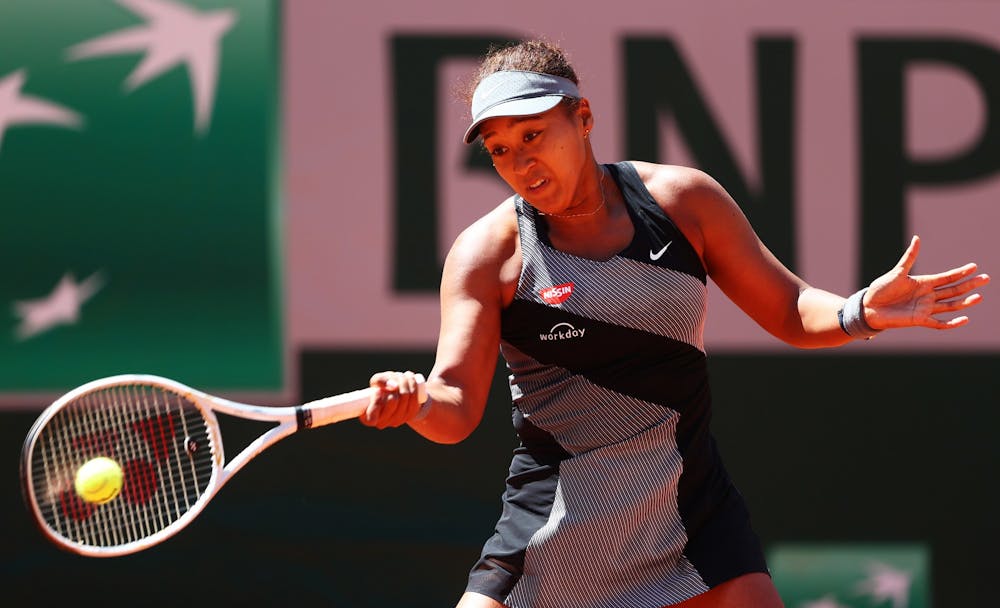Naomi Osaka, the world’s No. 2 female tennis player, has withdrawn from the 2021 French Open, a major two-week tennis tournament held in Paris. She announced her withdrawal a day after she was fined $15,000 and threatened to be disqualified for not speaking to the press.
The 23 year old’s withdrawal has raised concerns about how tennis institutions have handled mental health issues in the past.
Due to racial and gender discrimination, Black women are at high risk for developing major depressive disorders. In the traditionally white-dominated sport of tennis, there may be additional racial pressures thrust upon players of color, and as Osaka is of Japanese and Haitian heritage, her race could contribute to the decline in her mental health.
The pressure to continue participating in tournament after tournament must weigh down on a lot of tennis players, but it seems race and gender also contribute to tennis players' pressures to perform well.
“I thought it was better to exercise self-care and skip the press conferences,” Osaka said in a Twitter post. “I announced it preemptively because I do feel like the rules are quite outdated in parts and I wanted to highlight that.”
The physical and social isolation people endured during the pandemic showcased mental health as a major topic of interest. Individuals who had never had issues with mental health were now dealing with them.
Many people, like IU senior Janelle Wilder, question if Osaka’s race also played a role in the way she was treated throughout the entire situation.
“It just shows that they don’t take mental health with Black women serious,” Wilder said.
Many Black female tennis players, including Serena Williams and Sloan Stephens, support Osaka’s decision.
“The only thing I feel is that I feel for Naomi,” Serena Williams said in a press conference. “I feel like I wish I could give her a hug because I know what it's like. Like I said, I've been in those positions.”
Williams gave birth to her daughter in 2017. A year later Williams shared an Instagram post explaining her personal story with postpartum depression. With Williams going public about her mental health, one might wonder what precautions the tennis institution took – or didn’t take – to support her through her experience.
Stephens believes Osaka should be applauded for her efforts because many people would not do what she has done.
"A lot of people play through being miserable and being upset,” Stephens said during a press conference Tuesday. “I think instead of basically traumatizing her and making fun of her situation, we should be more accepting."
While the French tennis institution threatened to disqualify Osaka on May 30, the four Grand Slam tournaments released a statement supporting her as well as her mental health disparities, two days later.
In the statement the Grand Slam not only praised Naomi for communicating the pressures and anxieties she was feeling, they also mentioned plans to work alongside players, media and the broader tennis community to create improvements with mental health.
The statement did not explain what these improvements will be, but much of the tennis community, including Osaka, believe that changes within the tennis organization need to be made.
While Osaka has taken a break from tennis, she plans to return back to the court and find a way to work with the tennis institution to make the game better for everyone.
“I’m gonna take some time away from the court now, but when the time is right I really want to work with the Tour to discuss ways we can make things better for the players, press and fans,” Osaka said.






